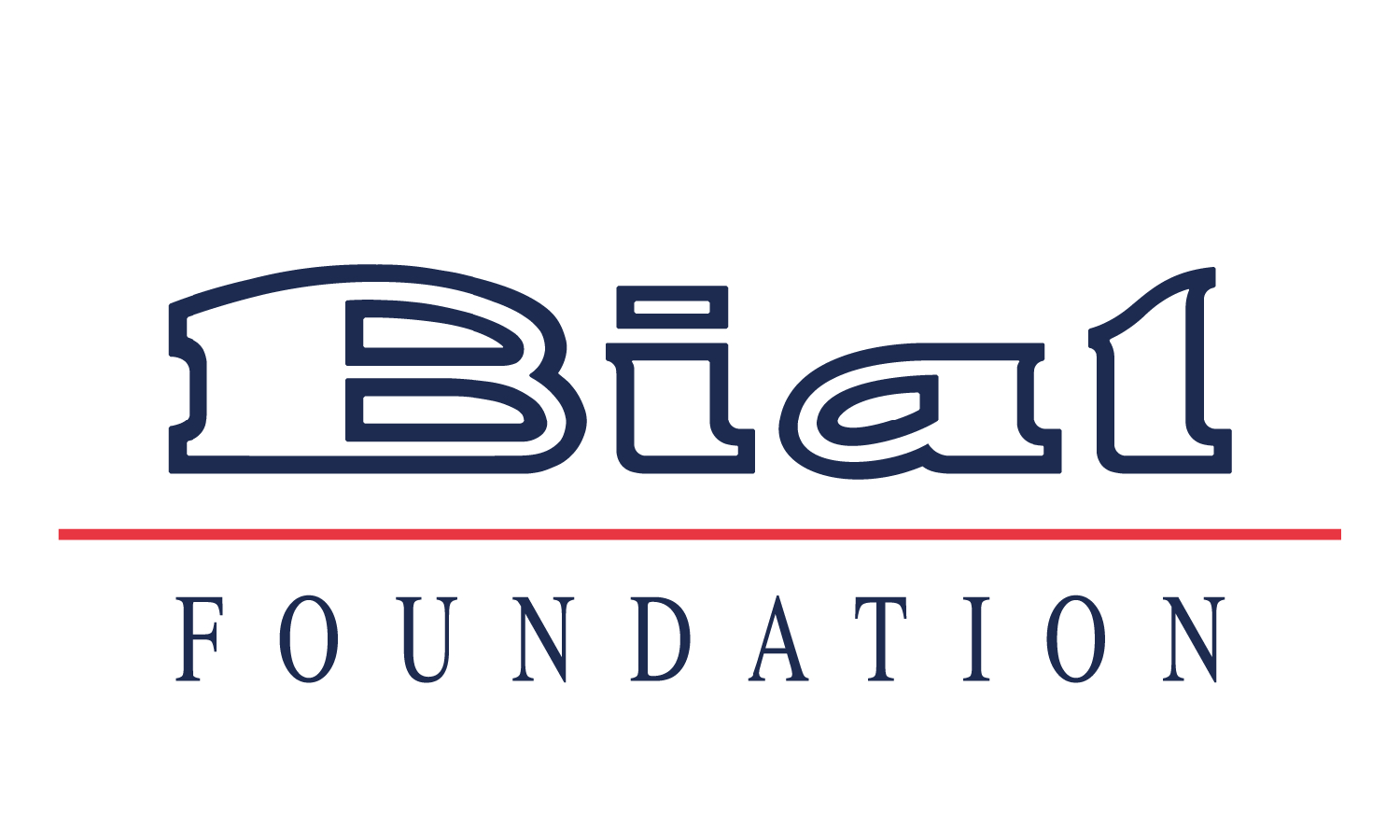Leonardo Moço, a student in the Doctoral Programme in Medical Sciences at the Abel Salazar Institute of Biomedical Sciences (ICBAS), a medical doctor at IPO Porto and a researcher at the Institute for Research and Innovation in Health (i3S), was the winner of the third edition of the Nuno Grande Doctoral Scholarship (BDNG) with a research project on haemato-oncology.
Finding an effective therapy that guarantees the well-being of patients without the need for intensive and prolonged use of corticosteroids for Graft Versus Host Disease (GVHD) is the main objective of the PhD project that won the BDNG 2024, an initiative of Professor Nuno Grande's family, ICBAS and the BIAL Foundation.
GVHD is a pathology resulting from bone marrow transplantation, which many patients with haematological cancers undergo. In Portugal, around 4,700 people are diagnosed every year with cancers of the blood or lymphatic system, whose treatment, in addition to intensive chemotherapy, may involve a bone marrow transplant. “When the disease is high-risk, the treatment may involve a haematopoietic progenitor transplant, i.e. the patient undergoes very intensive chemotherapy that resets their bone marrow and then repopulates it with the haematopoietic and immune system of an (allogeneic) donor - so that the immune system of that other person recognises the patient's malignant cells as foreign and fights them”, explains the award winner.
According to Leonardo Moço, the issue is that “the graft against the tumour/leukaemia, while effective, has the other side of the coin, which is precisely that the donor's cells can also attack the patient's good cells, leading to a phenomenon called graft against host”.
More than a quarter of patients who undergo bone marrow transplantation develop GVHD, which in the acute phase essentially affects the skin, liver and digestive tract. Furthermore, the survival rate in the most severe cases of GVHD is around 40 per cent after one year. Very significant figures that “make this disease the leading cause of death not due to cancer relapse”.
In the work that won the BDNG 2024, Leonardo Moço proposes to develop a drug that reduces the side effects and comorbidities associated with the treatment of GVHD based on taking corticoids, “whose long-term exposure we know has very negative effects, such as obesity, type 2 diabetes mellitus, severe osteoporosis, pathological fractures, joint pathology, cataracts, psychiatric disorders, greater vulnerability to infections, among others”.
For Leonardo Moço, the BDNG, worth 25,000 Euro, will be essential for “acquiring tools and developing learning missions that I believe will make me grow as a medical doctor-researcher. What's more, winning this prize, from a name bigger than all of us, in the year that marks the 50th anniversary of ICBAS, a place where I was formed as a person and a professional, is undoubtedly a huge and symbolic privilege”.
Awarded for the first time in 2023, as part of the University of Porto's Eminent Figure 2022 celebrations, the Nuno Grande Doctoral Scholarship, aims to support research work in the areas of Fundamental Sciences, namely those aimed at promoting the acquisition of differentiating academic skills for the teaching of Medicine.
The award ceremony is scheduled for May, as part of the celebrations of ICBAS's 50th anniversary.
Photo credits: ICBAS






































































